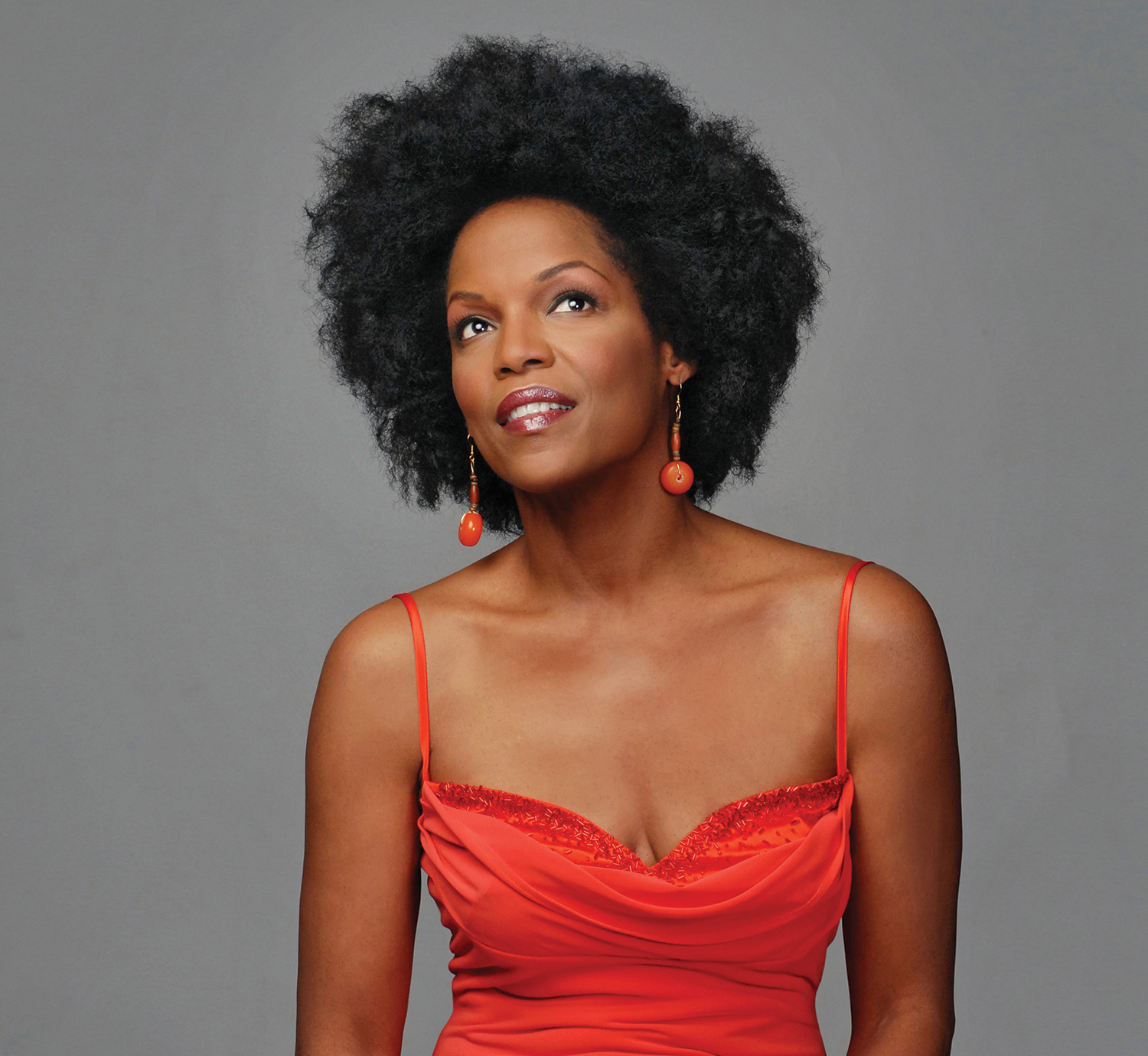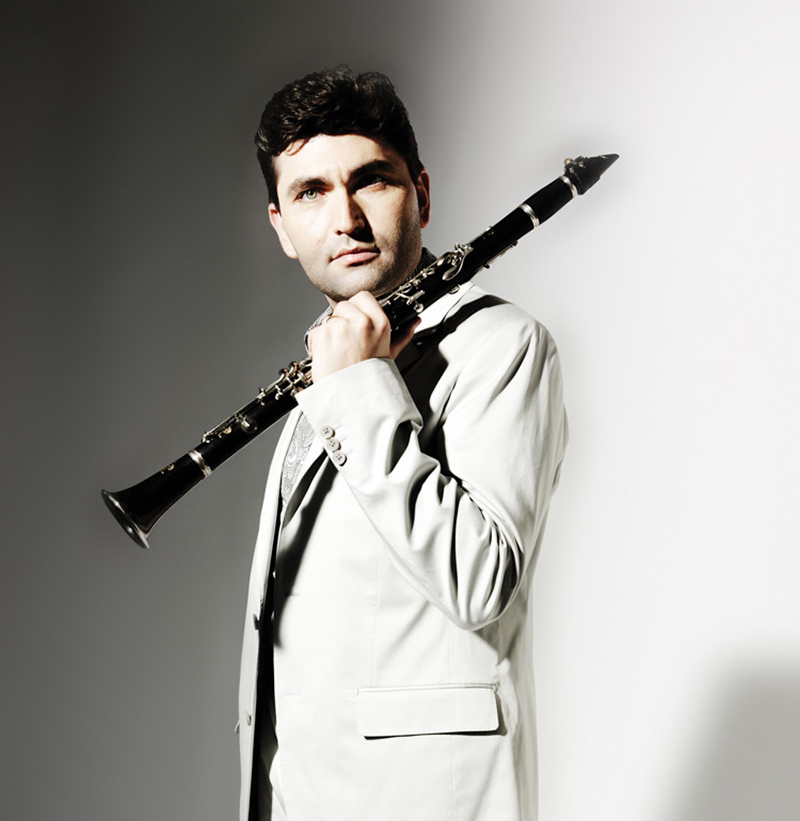
Six-time-Grammy-nominated jazz singer Nnenna Freelon looks forward to performing in Nina Simone’s hometown this month.
Nnenna Freelon is quite aware that Nina Simone was born and raised in Tryon. Therefore, she has a special mission for her own upcoming performance in the foothills city.
“I can’t come without speaking on [Simone’s] life and legacy,” says Freelon. “Celebrating her impact on me personally, also on the music, and giving her a goodnight kiss. It’s a great moment to remember her.”
A six-time Grammy-nominated jazz singer, Freelon draws from a lot of the same sources mined by the iconic Simone. “I grew up listening to gospel music, singing in the church,” she says. “My father loved Big Band music, so he exposed me to [Duke] Ellington and Count Basie, but I listened to the popular music of the day.”
She remembers a time when the airwaves weren’t strictly divided by genre. “When I was young, you could hear James Taylor and James Brown on the same radio station. Those early influences of my dad’s jazz music were a part of the things that I listened to, and it’s like planting a seed. You don’t even know it’s been planted till it’s taken root — and then when you look around to see who you are as a musician, there it is.”
The singer grew up in Cambridge, Massachusetts. After graduating from Simmons College, she moved to North Carolina, first working in healthcare, then as an arts ambassador for the state. “An educated child is educated in the arts,” she insists. “Music, dance, theater, visual arts — it’s all so important.
“My interest in education also comes from an understanding that these kids are not going to ask their parents, ‘Hey, can we go to the Nnenna Freelon concert?’ They’re just not. We, as jazz artists, have to go to where the children are, or the exposure doesn’t happen. So I’m always happy to be in the classroom.”
She married well-known architect Philip Freelon — he led the design team for the Smithsonian National Museum of African-American History and Culture — and settled in Durham. There, she sang in local clubs, staying close to home while raising their three children. “For me, family came first,” she says. “And finding a way to knit, or weave, these lives together … what you see is the result of a weaving, and it’s been a delight and continues to be a delight.”
She savors the metaphor. “You have to figure out a way to have time and creative energy — for your family, and for your career and your passion. You have to carve out a space in your everyday living. That isn’t always easy, but you have to do that. And as you encourage your children to reach for the stars, they need to see you reaching for stars, too. A lot of what they learn is what they observe, not what you tell them.”
Freelon refined her singing skills in the local venues, and when the children were grown she was ready for the national stage. “Some of the early gigs provide more of a learning opportunity. I mean by the time the big spotlight is on you, you had best be ready. It’s not time to be practicing.”
After meeting and receiving the recommendation of pianist Ellis Marsalis, she was signed to Columbia Records in 1992. She recorded three albums for Columbia, and has added another seven on Concord Records, writing some material and picking out the rest from jazz standards and pop classics, always putting her spin on it. “I take great care with my arrangements to create another layer of creativity with a standard song, where you can make it your own. I like to say that I approach the standards in a non-standard way.”
She has recorded everything from hip-hop (“Umi Says”) to folk songs. “I hadn’t thought to cover a Mos Def tune,” she says. “Sometimes songs come to you from unexpected places.” Another example is the traditional Appalachian folk tune “Black is the Color of My True Love’s Hair,” which she acknowledges is “not exactly in the jazz repertoire.” However, she praises the “lovely melody” and the fun of arranging it.
But not everyone likes to hear these songs changed. “I’ve received pushback from people who look at these tunes like sacred cows,” she admits. “But if this music is going to evolve, these musicians and artists need permission to do with them what they see fit from the artist’s eye. That’s the way an art form grows.”
Freelon is a confident vocal improviser, having studied the likes of Jon Hendricks, Sarah Vaughan, and Ella Fitzgerald. She compares scat singing to painting — “a free-form, more abstract rendering of the melody, that allows for some freedom. With just pure sound and pure vowel sound, you can bend and twist and turn. It’s way more flexibility.”
Mostly, the singer is attracted to great songs. “I love a strong and beautiful melody. They don’t have to be complicated, but they do have to resonate. A melody can communicate just as clearly as words.
“I really see myself as a storyteller, telling stories through the music. So if the lyric doesn’t touch me, and the melody doesn’t touch me, I just really can’t make it work. Take a standard tune like ‘Smile,’ by Charlie Chaplin. The lyric is, ‘Smile though your heart is aching/Smile even though it’s breaking/When there are clouds in the sky you’ll get by if you smile/through your fear and sorrow smile/and maybe tomorrow/you’ll see the sun come shining through/if you just smile.’ That’s a simple sentiment. When the melody is added to it, it becomes something that enters your consciousness in a very powerful way. It’s a perfect song, to me.”
In Tryon, Freelon will be accompanied by a nimble trio led by bassist (and Duke University jazz professor) John Brown. She looks forward to performing several numbers from the Christmas album they recorded in 2014 (Brown Boulevard Records). “We’ll do other tunes,” she says, “but mostly we’re trying to get people in the mood for a wonderful holiday with family and friends.”
Nnenna Freelon and the John Brown Trio appear on the Veh Stage at Tryon Fine Arts Center (34 Melrose Ave.) on Saturday, December 10, at 8pm. 828-859-8322. $35/general admission, $17/students. For more information: tryonarts.org, nnenna.com.



